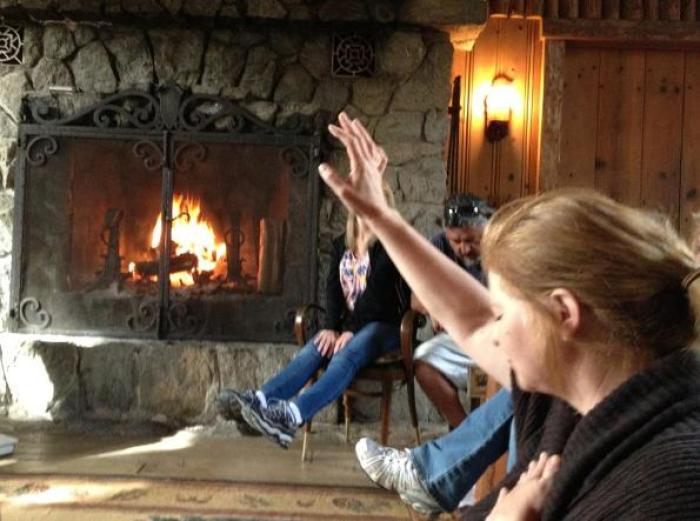6 problems in church small groups

Small groups are essential to the health of a church. In a small group, we can experience all six purposes of the church: worship, evangelism, discipleship, ministry, prayer, and fellowship.
On the other hand, our church consulting teams have also experienced numerous problems when attending church small groups. Here are six to consider, followed briefly by suggestions for correction.
- Unclear purpose. Some groups are designed for outreach, with members inviting others to join. Others are more closed, with members living life-on-life and drilling deeply into each other’s walk with God. Many groups, though, do not know their primary purpose. Members struggle, not knowing if they should bare their soul to others, invite the unchurched, or both.
CORRECTION: Determine the group’s purpose, and make sure the leaders and members know it. Continually keep that purpose in front of the group.
- Bad leading and/or teaching. We have seen this problem so often that we’re no longer surprised when we see it – though it should surprise us that churches allow poor teachers and facilitators to lead a group. Frankly, this problem is almost inexcusable.
CORRECTION: Enlist teachers based on faithfulness, willingness, and giftedness. Provide training. Evaluate teaching, and move poor teachers to a better place of service if necessary.
- Little or no Scripture. Here, I’m speaking primarily about small group meetings intended for Bible study. Our consultants have too often attended hour-long Bible studies that included no more than 15-20 minutes of actual Bible study.
CORRECTION: Enlist the best teachers, and make sure they know the expectations. They are responsible for making sure the Bible is taught. Leaders who cannot lead a group to maintain this standard should not be leading.
- Unfriendly members. I know a lot of groups who say they’re friendly. I also know we’ve sent our consulting “spies” to some of these groups, and they found them to be less than friendly. Typically, groups that see themselves as friendly are friendly only to people they know.
CORRECTION: Consider enlisting an unknown guest to visit your group and give you a report. Train members to reach out to people they don’t know. You might even enlist one sociable group member who is first responsible for greeting guests.
- Not expecting guests. Assuming the intent of the group is to be outwardly focused (like most Sunday school groups, e.g.), here are some signs of this problem: No available seats. No extra curriculum materials. No one ready to get contact information. No one providing or wearing nametags. No one helping guests know where to go after the class. Simply put: a guest who feels like an intrusion will not return.
CORRECTION: Make sure the leader is outwardly focused. Remind the group weekly of their responsibility to invite others. Schedule other activities to which the unchurched might come. Get everything ready for guests who might attend the regular small group meeting. Expect God to bless your preparations.
- Gossip sessions. You know the scenario our consulting team has faced at times. The group gathers, and in the name of “prayer requests,” somebody shares information that should likely be kept in smaller circles. The request then becomes a launching pad for talking about somebody else’s problems.
CORRECTION: Enlist a group prayer leader who gently controls the prayer request times. Provide other opportunities to share concerns without gossiping about others.
This piece was originally published at the Thom S. Rainer blog
Thom S. Rainer is the founder and CEO of Church Answers, an online community and resource for church leaders. Prior to founding Church Answers, Rainer served as president and CEO of LifeWay Christian Resources.




























